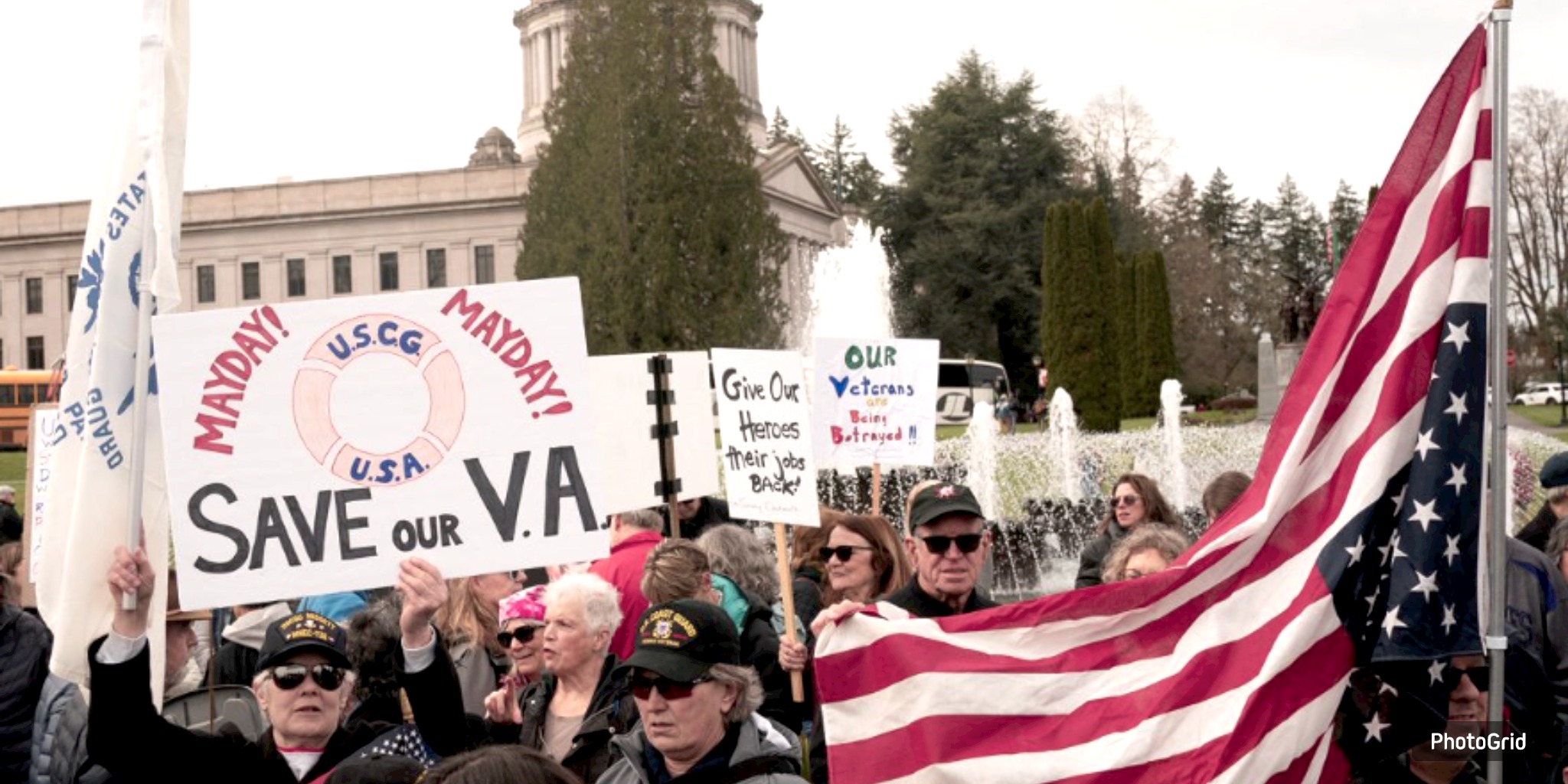


Concerns are rising among veterans and mental health providers as reports emerge that the Department of Veterans Affairs may be subtly restricting long-term one-on-one therapy. This has led to fears that those in need of support may be deprived of essential care, despite the agency's firm denial that any such policy is in place.
Robert H., a Marine veteran with nearly two decades of service in Iraq and Afghanistan, recounted how his VA psychologist of 10 years unexpectedly informed him that his treatment would be concluding last fall. The medical notes revealed a directive that has sparked controversy: "We need to terminate treatment with patients who have been receiving long-term psychotherapy and are functionally stable."
For Robert, who had faced the harrowing experience of attempting suicide years prior and depended on monthly therapy to cope with post-traumatic stress disorder, the decision struck him as utterly devastating. “That one hour a month felt like a blessing,” he shared with The War Horse, which examined his records. “Prior to this, I had my anxiety well-managed.”
The VA subsequently recognized that the termination was an error and issued an apology. Clinicians across at least five states have reported to The War Horse that such directives are increasingly prevalent, compelling therapists to conclude individual sessions after a mere six to 24 visits and redirect veterans towards group therapy or primary care options.
Authorities have refuted claims that any limit is in place. “This is not true,” stated Susan Carter, the director of media relations at the VA. “Veterans with ongoing clinical care requirements can access an unlimited number of VA appointments.”
However, certain healthcare providers have reported facing repercussions for extending patient care beyond what is deemed appropriate.
Stephen Long, a psychologist at the Northport VA in New York who recently retired, cited the push to limit session numbers as a significant factor in his decision to leave. “The majority of those present are witnessing this unfold,” he stated. “This reflects their personal journey.”
The conflict arises amid significant staffing shortages at the VA. A report released in July by the agency’s inspector general revealed that psychology emerged as the area with the highest frequency of severe shortfalls reported. Recent data from the VA reveals a concerning trend, with the department experiencing a loss of nearly 150 psychologists in the current fiscal year 2025.
“For certain individuals, ongoing support throughout their lives is essential,” stated David Rudd, an Army veteran and psychology professor focused on the study of military suicide prevention.
Robert, still grappling with PTSD, expressed that the system is undeniably “broken.” “I wouldn’t claim that I’m managing perfectly well,” he remarked. “I’m simply making an effort.”
Experts recognize the effectiveness of short-term therapies for PTSD, yet they advise that veterans experiencing complex trauma might require more extended treatment options.
















From breaking news to thought-provoking opinion pieces, our newsletter keeps you informed and engaged with what matters most. Subscribe today and join our community of readers staying ahead of the curve.